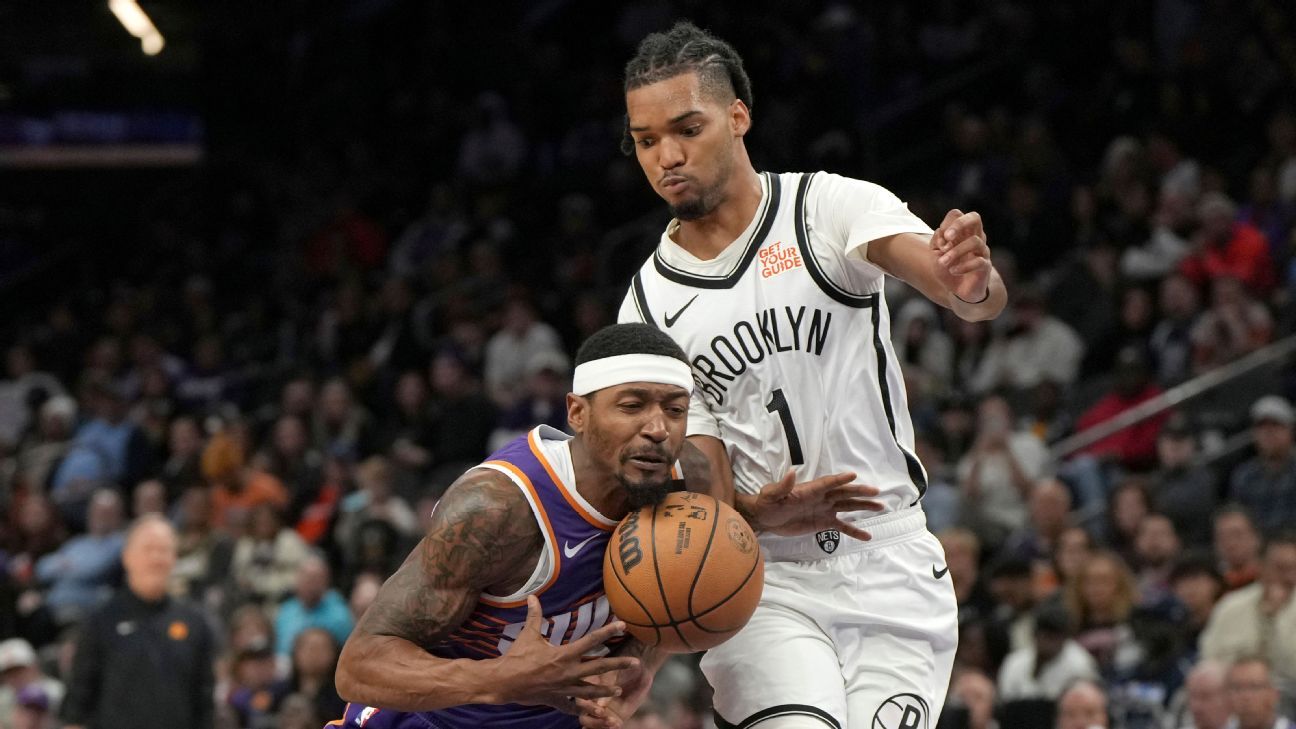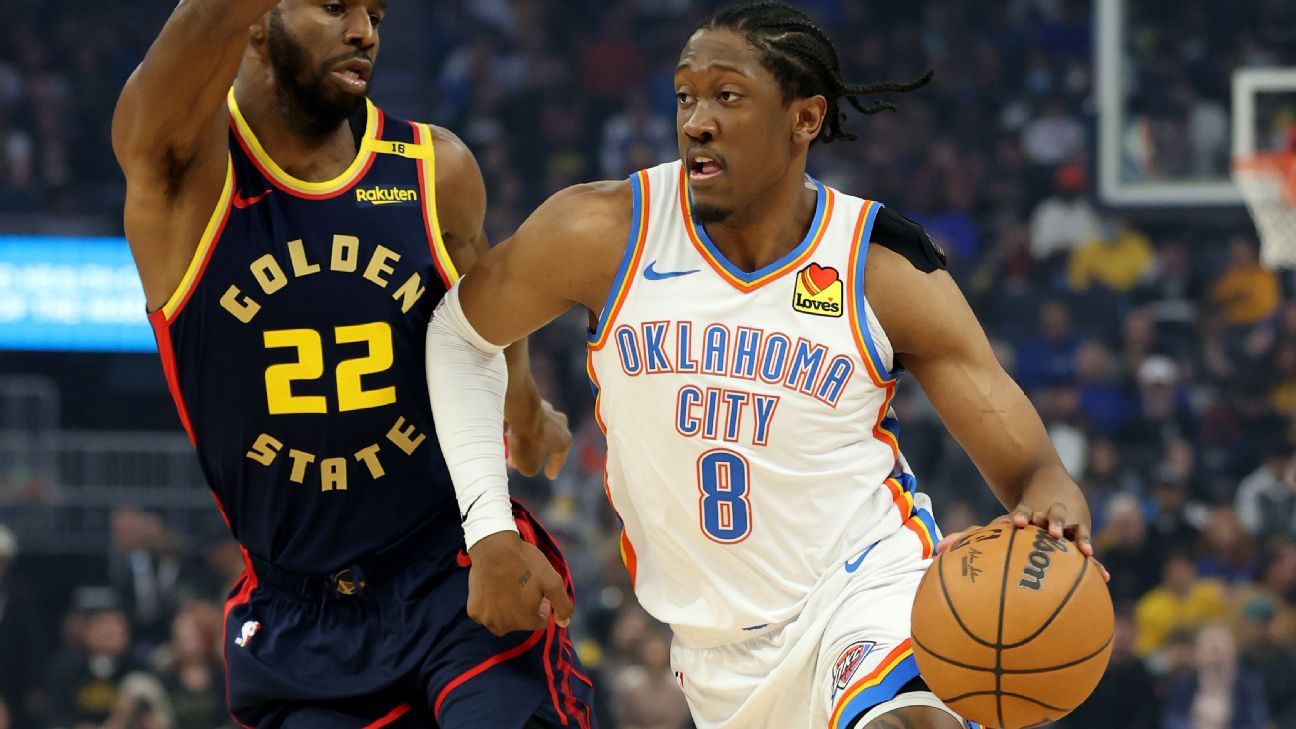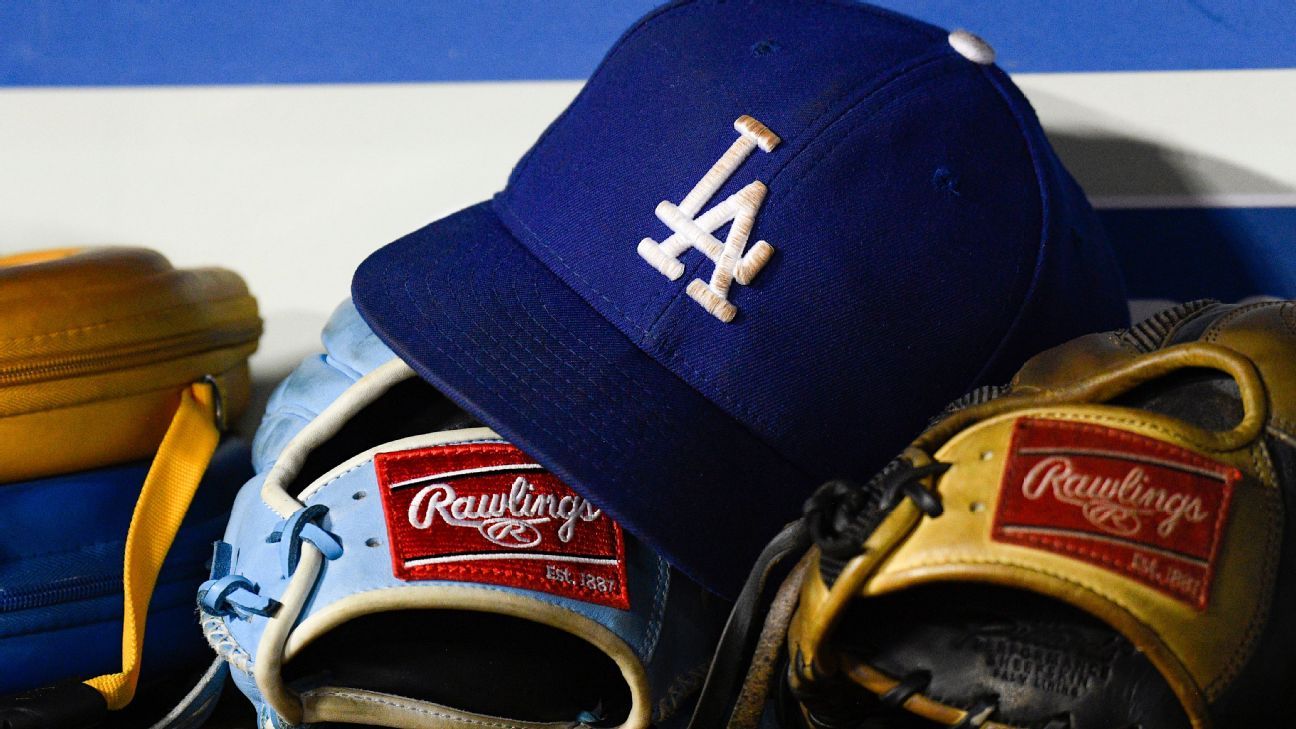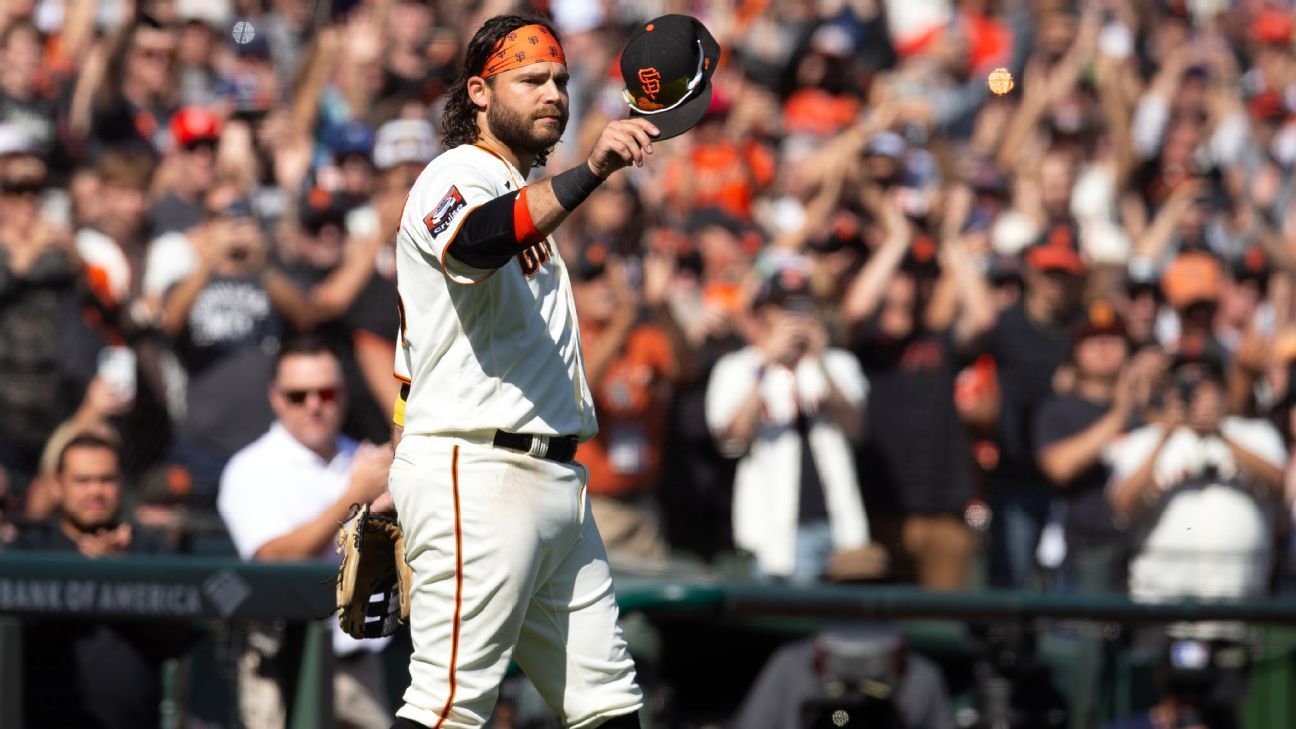
This is it. This is our reward for 16 months that saw the world turned inside out.
Sixteen months that saw that most reliable of metronomes dictating our weekly routine stop entirely for three months, before returning in a weird fashion: no fans, masked coaches on the benches and echoes in what were once noisy revival tents made of brick and steel. Sixteen months during which we realized that the game really is the most important of the unimportant things in our lives.
We can do without it, sure. We proved that. But we are so much richer with it.
And now we get two A-list, brand-name finals as our reward.
- Olley: England exorcise demons in win over Denmark
- Stream ESPN FC Daily on ESPN+ (U.S. only)
- Euro 2020: Live on ESPN | VAR watch | Pick 'em
Brazil vs. Argentina on Saturday in the Copa America and Italy vs. England in the Euros. Between them, that's 12 World Cups and 24 continental championships. It's Neymar versus Lionel Messi. It's Italy not playing like Italy versus England not playing like England.
It's an A-list weekend, a send-off before the summer break, with the hope that when elite football returns in August, it will look even more like what we once knew as normal.
Make no mistake: This doesn't mean the nightmare is over. We've already lost 4 million of our loved ones. Four million sons, daughters, brothers, sisters, fathers, mothers, grandmas, grandpas, friends, colleagues and strangers. Just yesterday in the United Kingdom, which hosted the Euro 2020 semifinals and will host the final, there were 32,356 new infections, despite one of the highest vaccination rates in the world. For context, that would be like the United States, which has roughly five times the population, recording 160,000 cases, which is where the country was in January.
We don't know what is to come. We place our trust in the power of science, the intellect of researchers and the wisdom of our elected leaders. We hope for the best.
The pandemic may have dominated, but let's not forget the other existential threat to the game as we know it: the Super League. It was less than 12 weeks ago that 12 clubs announced that they were going to upend the established order and redesign the very structure of the game based on their myopic goals and priorities. The rebellion lasted 48 hours, stopped in its tracks by a united front that included supporters first and foremost, but also media, UEFA, FIFA, players, coaches, governments and hundreds of clubs. Stakeholders is what we call them. But they had little stake in the top-secret project that had been hatched, the one that would change the game forever.
That threat isn't over, either. Three of the 12 "founder clubs" -- Juventus, Real Madrid and Barcelona -- persist with their plan, the website is still up, still bearing the crests and names of clubs, even the ones who say they've pulled out. The next battles in the war for the control of the sport have yet to come, and they will be fought in courtrooms, not on pitches.
In the meantime, we can reflect on this weekend and smile. We get two major finals, each drenched in history and backstory.
Either Messi or Neymar -- once teammates at Barcelona, now rivals, always united in genius -- will win his first major international trophy. They'll do it in the Maracana, where Pele once starred and where the largest crowd ever assembled to watch a football game: 199,854, according to FIFA, saw Uruguay break Brazilian hearts in the 1950 World Cup final. This time, there will be no fans in the stands: not in body, only in spirit.
Then, at Wembley, where England won their one and only major international trophy 55 years ago, Gareth Southgate's Three Lions will attempt to make history and show that, as their hymn goes, football has come home. It's a different England, one built on defensive solidity and tactical discipline, but also respect, humility and inclusion.
Italy, on the other hand, will try to make amends for the humiliation of missing out on the 2018 World Cup. This Azzurri side is also different. Gone is the deep defending, counterattacking and patience for the moment of inspiration from a Roberto Baggio or a Paolo Rossi at the other end.
Instead, coach Roberto Mancini has assembled a team that plays like Italy supposedly would never -- some might say could never -- play: one based on dominating midfield, demanding the ball and taking risks at both ends of the pitch. They've gone 33 games without a defeat. If Sunday goes according to plan, they will not only be European champions, they'll be one match away from equaling Spain's all-time record.
It's the biggest weekend in international football this side of the World Cup. Let's enjoy it. We've earned it.















 Phone: (800) 737. 6040
Phone: (800) 737. 6040 Fax: (800) 825 5558
Fax: (800) 825 5558 Website:
Website:  Email:
Email: 






